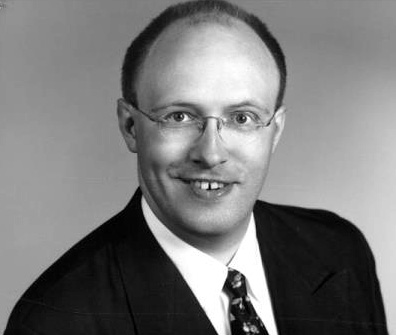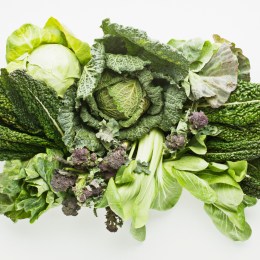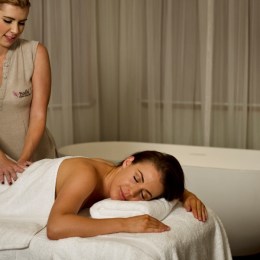Dr Florian Wolf reports on this vital breakthrough in approaching skin treatments.
Ageing of skin is caused by two different processes: intrinsic ageing, eg a decreased collagen and elastin production, and increased collagen and elastin decay, as well as the loosening of the dermal-epidermal junction, induced by our biological clock, lipid content and composition of the surrounding tissue, and oxidative stress. Extrinsic ageing is caused by environmental and lifestyle factors, eg stress, sun exposure, smoking and pollution. While intrinsic ageing somewhat correlates with age, numerical age is not the only factor that causes skin to develop prematurely the visible signs of ageing. Today’s lifestyle, unhealthy nutrition, exposure to pollutants and toxic drugs (eg alcohol, nicotine) promotes extrinsic ageing and accelerates premature ageing of skin. It has been shown in a long-term study on 186 identical twins, published in 2009*, that profoundly different lifestyles of twins can result in up to 11 years of visible and apparent age difference. Examples for how lifestyle influences the visible signs of ageing of skin arez; eg: pigmentation and sagging induced by nicotine and smoking; a lack of sleep results in an impaired epidemal barrier function and reduced collagen production, with dry and wrinkly skin being the end result’ and excessive sugar consumption enhances glycation of skin proteins, thus again resulting in premature skin ageing.
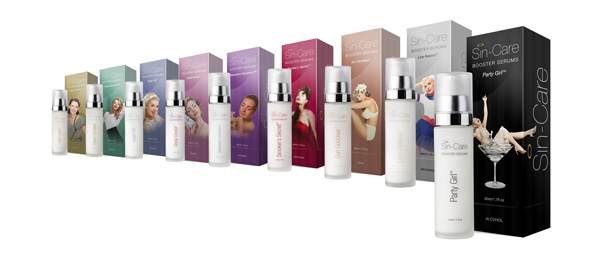
Prevention and remediation of extrinsic ageing can be achieved by a variety of measures related to an improved lifestyle and tailor-made skincare regimes. While healthier nutrition, no smoking, alcohol in moderation and better sleep are often hard to achieve in today’s hectic world Australia is leading the way in developing an improved skincare regime, targeting the visible signs of extrinsic ageing, that can be easily fitted into every woman’s daily routine. However, while the vast majority of leading cosmetic brands target intrinsic ageing, only very few highly innovative brands have taken up the challenge to devote themselves to combat extrinsic ageing, despite the latter being a most efficaceous approach towards preventing lifestyle-related ageing
Apart from taking into account that the prevention of extrinsic lifestyle ageing is becoming the way to go in preventing and deminishing the visible signs of skin ageing it also has been recognised that different genetic makeups of different individuals result in different requirements for skincare regimes and formulations. For example, a 30 year old fitness guru most likely shows a completely different set of signs of visible skin ageing than a 30 year old sun-tanned beach and party girl, a factor mainly overlooked by the global skincare industry. Sin-Care, the Australian company leading the way in Lifestyle Ageing and enjoying escalating exposure in the US where treating skin for lifestyle rather than age is catching on fast, reports that they are monitoring interesting regional demographic differences as to the types of lifestyle solutions most required. Hence, if a spa or salon is in a beach-side resort location the demand would be more for sun damage and party lifestyle solutions, whilst a city spa or salon demostrates high demand for pollutant-related solutions and responses for stress-related ageing signs. In general, formulations enriched in antioxidants, plant extracts and natural or naturally derived skincare ingredients, specifically balanced to target specific lifestyle related concerns, with enhanced broadband UVA and UVB protection and gently preserved, are ideally suited to helping to combat lifestyle ageing and enhance the effects of a broader skin care routine.
Editor’s note: The Australian brand Sin-Care has developed nine serums directly targeting different lifestyle ‘sins’. Sincare.com.au
* Archives of Dermatology
Vol 145, No 12, Dec 2009, pages 1375 – 1379
Factors that affect skin aging
Kathryn J. Martires, Pingfu Fu, Amy M. Polster, Kevin D. Cooper, Elma D. Baron
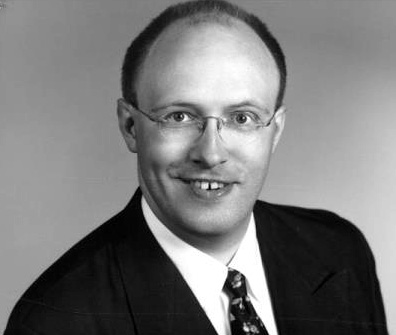
Dr Forian Wolf has held numerous key scientific posts within the international cosmetics, pharmaceutical and medical industries, his scientific education was completed in Hamburg to MD in Molecular Oncology and MSc and PhD in Biochemistry. Some of his key posts include, Principal Investigator at the Dept of Molecular Genetics, Universite Louis Pasteur, France; Member of the Executive Board of the Life Sciences Research Council of Bayer AG (Leverkusen / Germany; San Fransisco / USA); MD of Jurlique R&D Pty Ltd (Adelaide); Director Skincare Research of Oriflame Cosmetics SA (Dublin/Ireland and Stockholm / Sweden)

